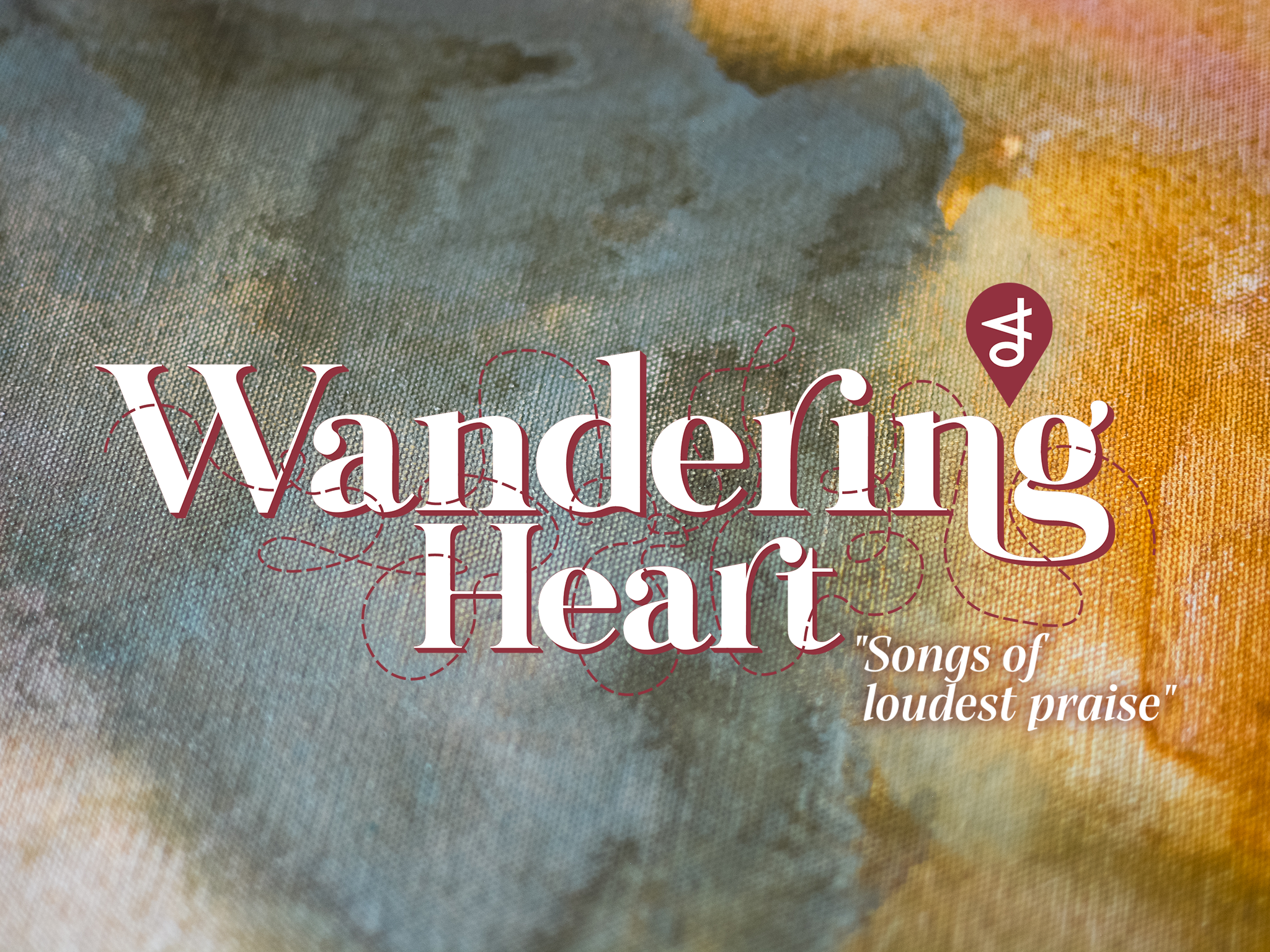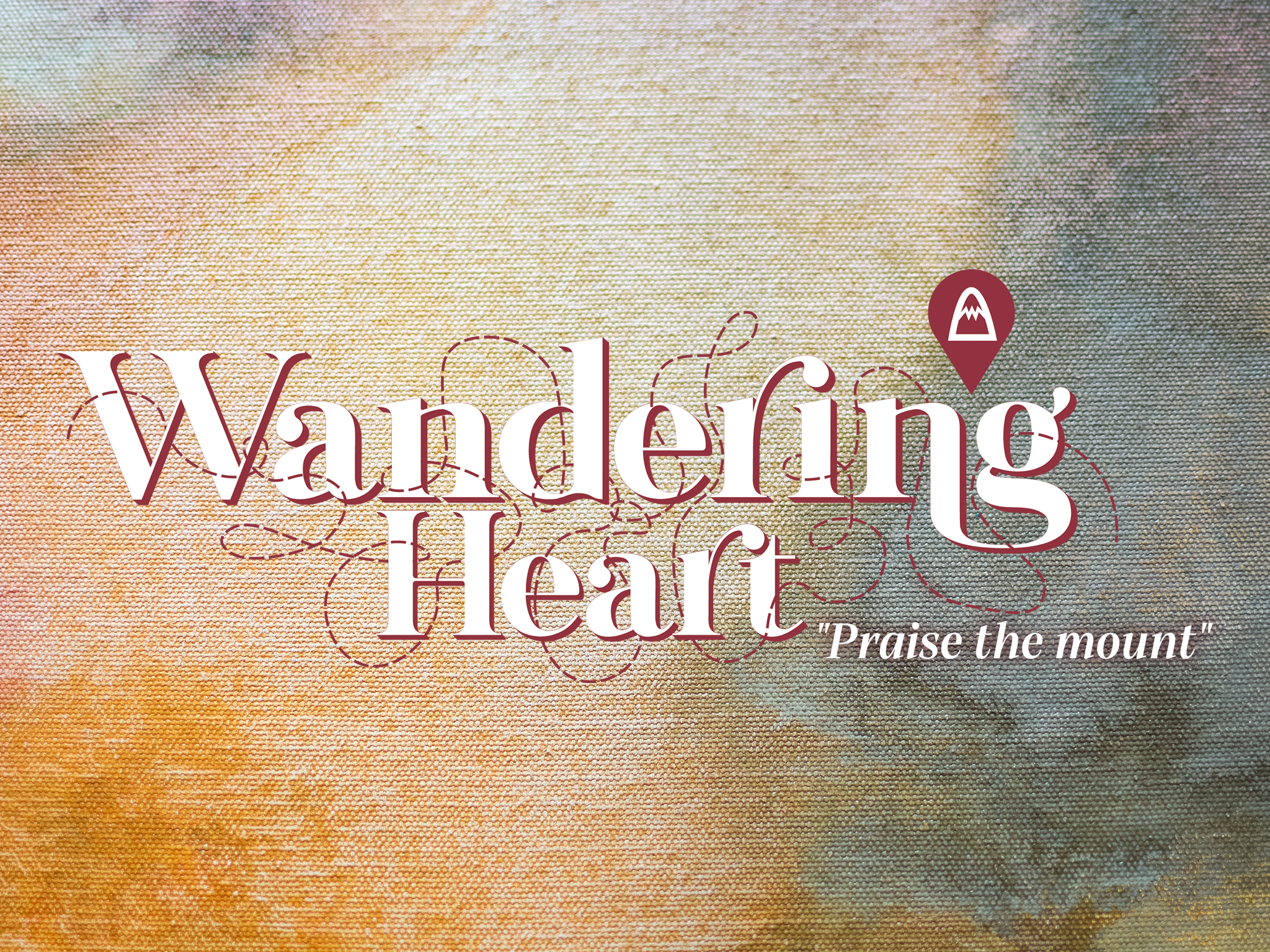When knowing is not enough
I know that emotions are important; that emotions are interpretive, responsive, guiding. I know that feeling emotions is important for our well-being.
The method for interpreting the Bible I developed in post-grad work values emotion as showing the performer meaning in the compositions.
Recently I led three keynote sessions for the Network of Biblical Storytellers’ International Festival Gathering, reiterating the value of our emotions in our encounters with stories biblical and personal.
I know that emotions are important.
And yet. In recent weeks I have been holding back on my emotions, causing tension in my body, restricting my ability to be vulnerable and available for the people I serve.
Knowing is not enough. Feelings must be felt.
Feelings. It’s in the name
Knowing that emotions are a way of knowing, I was trying to get to the message in the emotions, to name them, to understand what they wanted to tell me.
But I seemed to be trying to get to the message without feeling the feelings, although I do know, and have written this year about, the necessity of going through the darkness to get to the light.
Why was I retreating from the emotions, then? When I know what I know?
There’s something else I knew, intuitively, about these emotions – they were going to be big. Complicated, scary, overwhelming big.
They’re not going to go away if I ignore them. Feelings – it’s in the name, you know – feelings must be felt.
Eventually, with the help of a healing practitioner to create some safety in which I could breathe into the dis-ease of resistance, I cried the sadness. After the tears of sorrow, the anger began to pop, with a kind of joy at being free and felt. When I sat up, I was lighter, I smiled, even laughed. I had found some ease.

The sadness held sorrow, grief, loneliness, homesickness.
The anger held frustration, disappointment, irritability.
Beyond that, I’m not even asking anymore, what caused those feelings, or what do they want to tell me? I suspect the feeling of the emotions is not over yet. I did mention they are big. In fact, twenty four hours later, I was resting on the couch and the sadness overwhelmed me again, more even than the first unlocking. Oh, how I cried. And I still don’t feel ready to do more than feel and name the emotions, let alone identify situations and solutions.
I don’t think the reasons have changed from all that’s been having an impact on me all year, when it comes to it. There may be nothing further to understand. There may be new insights in time. For now, I need only remain open, and allow the emotions their expression.
Feelings are meant to be felt. And that may be all the meaning they hold for us. The feeling itself. I know that, and once again, I feel it.
Knowing your feelings, feeling whole
It is also not enough to feel the feelings, but to know, to understand, why we must acknowledge and express our emotion safely.
Not feeling the feelings, but instead holding them back and holding back from them, was causing dis-ease.
In a state of dis-ease, I was restricted in my ability to be vulnerable. The dis-ease was causing irritability and exhaustion, and a defensive posture.
My role as a minister is very much about being present for and with others. That requires vulnerability on my part, openness, empathy, compassion. If I am not feeling my own emotions, they will come between me and my people. From a defensive posture, I may project my emotions onto others, or be unable to reach past those defences to effectively care for others.
If we as leaders take seriously our own emotions, and care for ourselves with enough time, space, attention for proper expression of them, they will lead us through discomfort to greater well-being. If we do not, if we ignore our feelings, deny them, avoid feeling them, we stay in discomfort, do not experience well-being in ourselves, and are unable to accompany others in their own expression of emotion, reflection, and healing.
In order to be present with those we serve, with our full selves, we need the strength and health that enables our vulnerability and empathy. Attention to our inner selves, our emotional well-being, is a vital part of building that strength and vulnerability. Like putting on your own oxygen mask before helping another because if you can’t breathe you can’t help anyone, process your own emotions first before helping another, because if you can’t feel, you can’t help anyone.




Leave A Comment